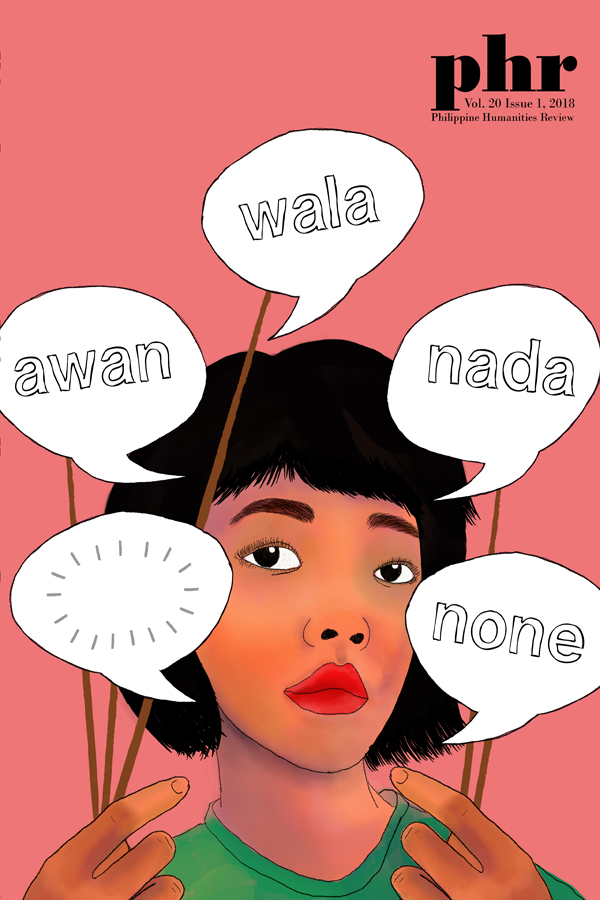Re-Visiting Diliman Souvenirs: Peirce’s Semiotics and the Return of the Suppressed
Abstract
ABSTRACT
In the July 1957 issue of The Philippine Collegian appeared a poem entitled “Man is a Political Animal,” a translation of Aristotle’s famous definition of human beings. It was written by an English major, E. San Juan, Jr., who became president of the U.P. Writers Club in 1958 and an instructor in the Department of English, U.P. (1958-60). The poem, a dramatic monologue, was modeled after the Vorticist style of the British avant-garde artist Wyndham Lewis. Objections were then raised by the Dean of the College of Music Ramon Tapales, writer Amador Daguio, and others, who persuaded the U.P. administration to suspend the author from being published. In 2018, the author was awarded a visiting professorship in the U.P. English Department. The institution seems unchanged, but the cultural landscape has incalculably altered. The current president uses foul language (not just “four-letter” words) in public pronouncements with impunity. This essay reflects on that experience sixty-one years later on the failure of communication, providing sociological-biographical context and using Peirce’s semiotics to approach possible ways of responding to the speech-act or utterance entitled “Man is a Political Animal” performed at a specific time and place in our history. In this postmodern era, is it self-indulgent to reflect on the complex intertextuality of a literary text to tease out its wider sociopolitical lessons drawn from comparing disparate viewpoints and contexts?
KEYWORDS: interpretant, subject, author, meaning, identity, signifier


